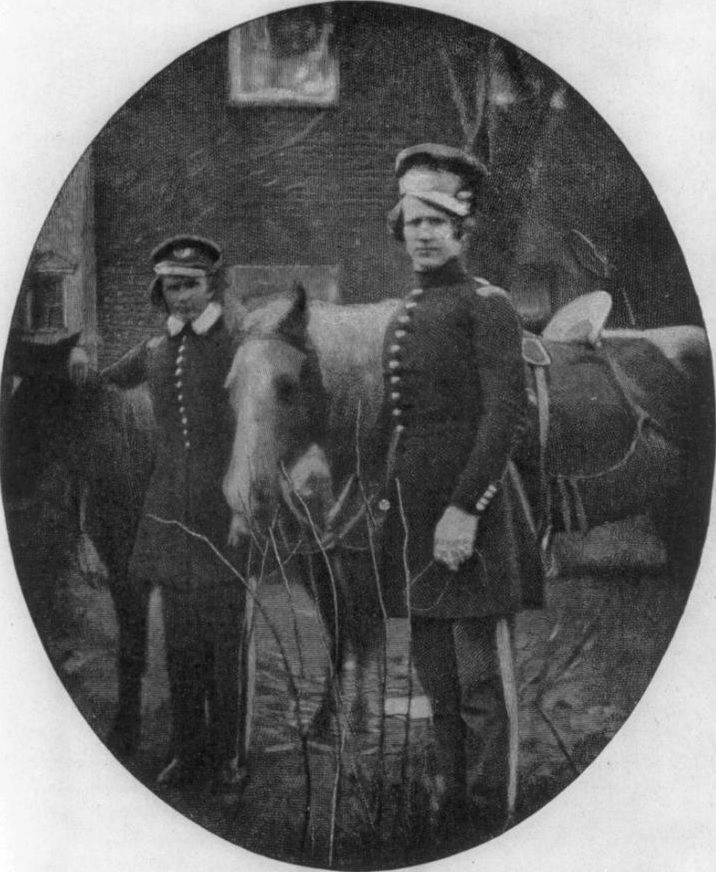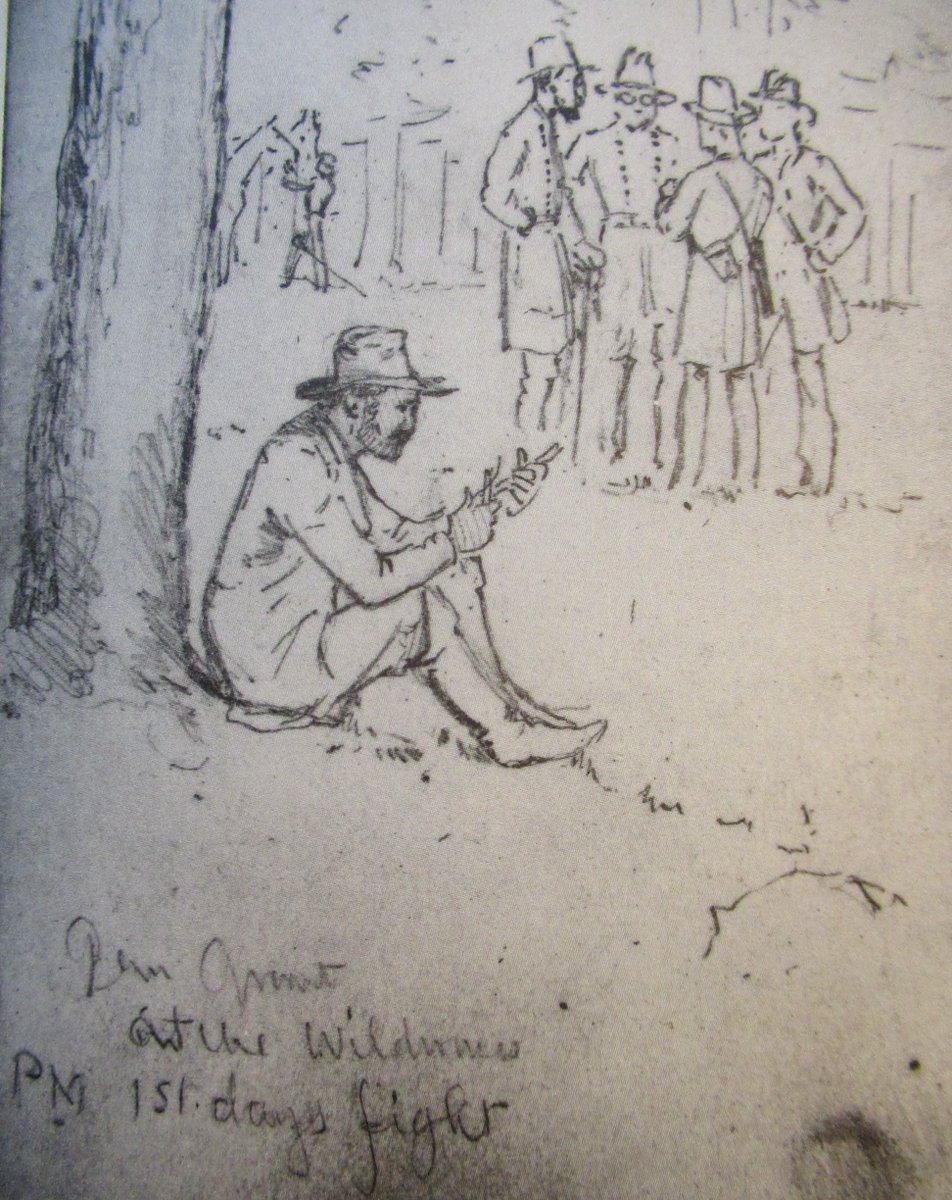
So, to answer my own question posed yesterday: Robert E. Lee had more impact on the outcome of the American Civil War than did any other Confederate military leader.
I'm sure you're wondering why I think that.
I'm sure you're wondering why I think that.
1. Lee's overlooked work on the South Atlantic coastal defenses brought to a halt already hesitant US efforts to exploit the landings of November 1861. Imagine the implications of a more active front along the coast into the interior.
2. Lee's support of Stonewall Jackson's Valley campaign in 1862 proved a sufficient deterrent to US efforts to unite on Richmond. Lee got Jackson to live rent-free in Yankee heads.
3. Lee's triumph over McClellan in the Seven Days meant an end to the notion of a short war with the capture of Richmond and the resultant sinking Confederate civilian morale. In a narrative full of what ifs, barely anyone fully considers the what-if of McClellan taking Richmond.
4. Lee's skillful and dramatic generalship prolonged a war that thus required the US to embrace escalation: a more determined effort against Confederate infrastructure and policies looking to the destruction of slavery.
Lee made Sherman & the Emancipation Proclamation possible.
Lee made Sherman & the Emancipation Proclamation possible.
5. Lee's success south of the Potomac focused public attention, then and now, on the Eastern theater, where the CSA had its best chance to triumph by winning enough battled to demoralize northern public opinion.
6. Lee's failures north of the Potomac also changed the war.
Losing while not being destroyed at Antietam leads to Lincoln's decision to move on emancipation.
Losing while not being destroyed at Antietam leads to Lincoln's decision to move on emancipation.
Simply put, if McClellan crushes Lee, there's no need to escalate to emancipation; if Lee holds McClellan in check and continues his campaign, the US lacks the PR victory Lincoln deemed necessary to issue the EP.
It's a Goldilocks-like result. Just right.
It's a Goldilocks-like result. Just right.
As for Gettysburg, the battle's importance is in eroding the command structure and the reserve manpower of the Army of Northern Virginia, making it harder for Lee to replace his losses in 1864 (but not impossible).
Lee's command structure was already beginning to erode (Jackson dead, AP Hill and Ewell in charge of corps). Meade showed that a determined and able commander could beat Lee in a defensive battle.
Yet Meade did not prove overly successful in taking Lee on south of the Potomac (Bristoe Station was a counterpunch). So Lee's persistence meant a major adjustment in the US command structure in 1864.
Bringing Grant east has important ramifications.
Bringing Grant east has important ramifications.
7. Grant could handle Lee; the Confederates struggled to contain Sherman and Sheridan. Grant took Lee out of the war.
In the process Grant became a political as well as military favorite. He would manage the US Army during Reconstruction: he would become president.
In the process Grant became a political as well as military favorite. He would manage the US Army during Reconstruction: he would become president.
Beating Lee makes Grant in the eyes of the public. Yet Lee prolonged the war enough to make emancipation and escalation acceptable policy.
Here's where reading the question is key. I did not ask which CSA military leader was most responsible for Confederate defeat, but which one made the most impact on the outcome of the war. That outcome includes the destruction of slavery.
Lee's persistence leads to escalation, which leads to emancipation. It also leads to Grant becoming the hero because he took on the Confederacy's foremost commander and prevailed.
Lee's skill created the strategic stalemate that Lee's mistakes could not overcome.
Lee's skill created the strategic stalemate that Lee's mistakes could not overcome.
I wish we thought more and wrote less about the military history of the American Civil War. We recycle too much and rethink too little. Many scholars slight the study of a society at war (especially in the North) or fail to integrate our findings into the broader narrative.
Studies that bring together the political, military, social, and cultural and display an understanding of the integral role that race, class, and gender should play in that narrative are where I think we need to be going.
• • •
Missing some Tweet in this thread? You can try to
force a refresh






